HEALTH
SENEGAL: The country owes WHO a debt of gratitude in its fight against COVID-19

(Dakar, 09 November 2020) – NGO statement Human Action for Integrated Development in Senegal (AHDIS): After eight (08) months of response to COVID-19, Senegal is showing very encouraging results that have led it to be cited as an example to states that are supposed to be better equipped to deal with this pandemic. The Government, the people and the Technical and Financial Partners (PTF) were able to show resistance, despite the loss of human lives.
While praying for the rest of the disappeared compatriots, the NGO Human Action for Integrated Development in Senegal (AHDIS) welcomes the performance achieved. Without wishing to declare victory right away, since the virus is still with us, we would like to congratulate and encourage all government actors, health care personnel, communities and PTFs who are participating in this fight.
In this context, Senegal owes a debt of gratitude to the World Health Organization (WHO). Indeed, based on our own findings and information gathered from consistent sources, the WHO has played its full part, supporting the Government in managing the response to COVID-19.
Its activities focused on four key pillars: Coordination and Planning, Epidemiological Surveillance, Case Management and Risk and Community Engagement Communication (CREC).
Indeed, it came back to us that, in terms of Coordination and Planning, WHO was alongside Senegal from the preparation phase of the response to COVID-19, contributing to the analysis of the country’s preparedness level, estimated at 64% in the early hours of the pandemic. Thanks to the expertise of this organization, the Ministry of Health and Social Action (MSAS) was able to develop a Preparedness and Response Plan. As a result, it has helped our country to implement Incident Management Systems (IMS) in all 14 medical regions and health districts.
With regard to Epidemiological Surveillance, it has contributed to the training of officers in all health districts, by strengthening their capacity for case detection, notification and contact follow-up.
Case management has also played a significant role in supporting the State of Senegal, in particular the psychosocial management of patients through the training of trainers in all regions. Support for the project was also provided by national experts. They supported Senegal in assessing the capacities and needs of the health facilities selected to house Epidemiological Treatment Centres (ETCs).
International experts from the Democratic Republic of the Congo, which has a long experience in the fight against epidemics and local consultants have also been hired by WHO for Infection Prevention and Control (ICP). In addition, donations of personal protective equipment are provided to the Ministry of Health and Social Work to ensure the safety of health care workers.
Last but not least, WHO has been a major player in the Communication on Risk and Community Engagement (CREC), providing Senegalese socio-anthropologists and international experts in health promotion, to support Senegal in the training of actors in CREC, the development and implementation of community engagement strategies.
AHDIS wishes to salute all these actions and to express its heartfelt congratulations to the WHO, whose teams work effectively and discreetly with the Ministry of Health and Social Action. We invite him not to let go because Senegal is not definitely safe.
HEALTH
COVID 19 – A new variant we discovered
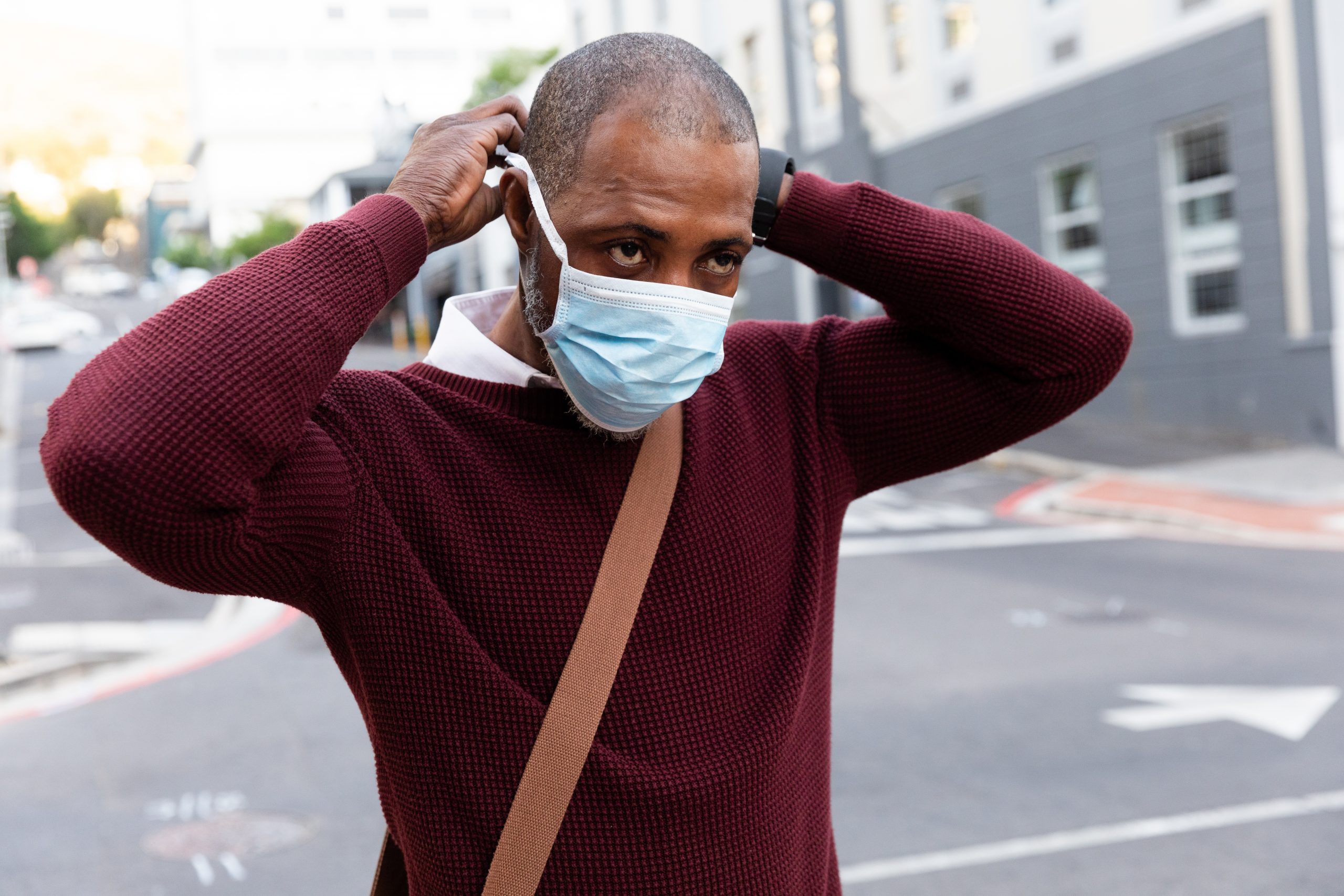
According to a senior official at the World Health Organization, a new highly mutated variant of COVID called BA.2.86 has been discovered in several countries including Switzerland, South Africa, as well as Israel, Denmark, the United States and the United Kingdom.
According to “Reuters”, the variant was first spotted in Denmark on 24 July after sequencing of the virus infecting a patient at risk of becoming seriously ill”. And so it was detected “in other symptomatic patients, during routine checks at airports and in wastewater samples in a handful of countries”.
Thus, scientists have indicated that “although it was important to monitor BA.2.86, it was unlikely to cause a devastating wave of serious illness and death given the immune defenses developed worldwide as a result of vaccination and previous infection”.
WHO COVID-19 technical officer Maria Van Kerkhove said, “The numbers are still low”. But the reduction in global surveillance could lead to rapid circulation of the virus…
HEALTH
TOBACCO CONTROL: Seven out of 10 people protected by anti-smoking measures

A new report from the World Health Organization (WHO) highlights that 5.6 billion people, or 71% of the world’s population, are now protected by at least one good practice policy to save lives from deadly smoking, five times more than in 2007.
Over the past 15 years, since WHO’s MPOWER measures were introduced globally, smoking rates have fallen. Without this reduction, the UN World Health Agency estimates that there are now 300 million more smokers worldwide. This new WHO report on the global tobacco epidemic focuses on protecting the public from passive smoking, noting that nearly 40% of countries now have fully non-smoking indoor public places. The report assesses the progress made by countries in tobacco control and shows that two other countries, Mauritius and the Netherlands, have reached the level of best practices for all MPOWER measures, a feat that only Brazil and Turkey have achieved so far. These data show that, slowly but surely, more and more people are protected from the harms of tobacco by WHO policies based on evidence and best practices.”said Dr Tedros Adhanom Ghebreyesus, Director-General of WHO, congratulating Mauritius on becoming the first country in Africa and the Netherlands on becoming the first country in the European Union to implement WHO’s comprehensive tobacco control policies at the highest level. Eight countries are only one policy away from joining the leaders of tobacco control: Ethiopia, Iran, Ireland, Jordan, Madagascar, Mexico, New Zealand and Spain. However, much remains to be done: 44 countries are not protected by any of WHO’s MPOWER measures. At the same time, 53 countries have still not adopted a total ban on smoking in health facilities. In addition, only half of the countries have smoke-free private workplaces and restaurants.
Passive smoking
“WHO urges all countries to implement all MPOWER measures at the level of best practices to fight the tobacco epidemic, which kills 8.7 million people worldwide, and to oppose the tobacco and nicotine industries, who are lobbying against these public health measures,” said Dr Ruediger Krech, Director of Health Promotion at WHO. About 1.3 million people die each year from second-hand smoke. All of these deaths could be prevented. People exposed to second-hand smoke are at risk of dying from heart disease, stroke, respiratory disease, type 2 diabetes and cancer. In this fight against tobacco, the ban on smoking in public spaces is only one of the measures of the Effective Tobacco Control Package, MPOWER, designed to help countries implement the WHO Framework Convention on Tobacco Control and stem the tobacco epidemic. The paper shows that all countries, regardless of income level, can lower the demand for deadly tobacco, achieve major public health victories and save billions of dollars in health care and production costs.
HEALTH
SENEGAL – 400 cases of measles recorded
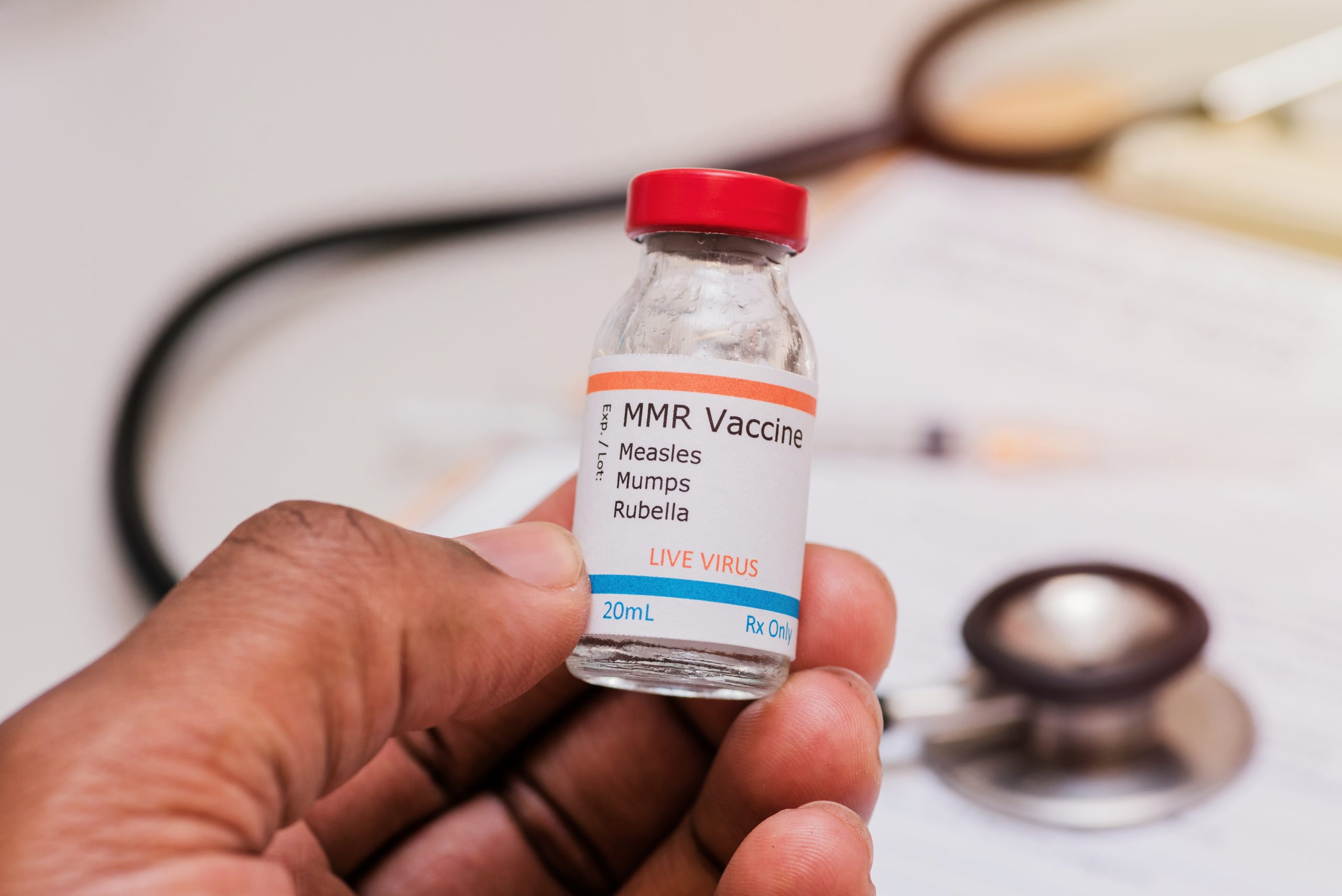
Measles is back in force, with more than “400 cases recorded nationally”. It is a revelation of Doctor Boly Diop, responsible for epidemiological and post-vaccination surveillance at the Ministry of Health and Social Action, on Thursday, July 13, 2023.
“Performance in the first half of the year revealed the existence of a measles epidemic,” said Dr. Boly Diop, noting that Fatick is the only one of the country’s 14 regions that has yet to register a confirmed case of measles.
Outside of Fatick, all regions have confirmed cases of measles and there are districts that have become epidemic. This means that today, measles is back in force, there are confirmed cases and epidemics that are recorded throughout the regions,’ he said, on the sidelines of a quarterly coordination meeting for epidemiological surveillance.
-

 EAST AFRICA1 year .
EAST AFRICA1 year .TANZANIA – President meets with Chairman of the Board and CEO of the Merck Foundation
-
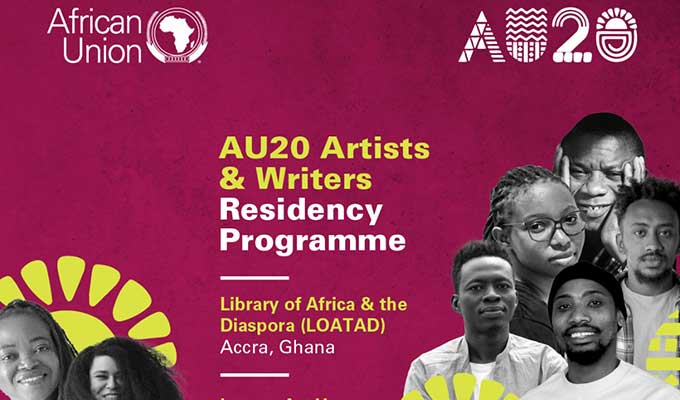
 CULTURE1 year .
CULTURE1 year .AFRICA – African writers and artists celebrate the 20th anniversary of the African Union
-

 BUSINESS8 months .
BUSINESS8 months .GUINEA – Authorities demand repatriation of mining revenues
-

 CULTURE3 years .
CULTURE3 years .SENEGAL – “Sadik Lady” by Viviane Chidid
-

 CULTURE1 year .
CULTURE1 year .SENEGAL – Massamba Guèye wants to democratize the story
-
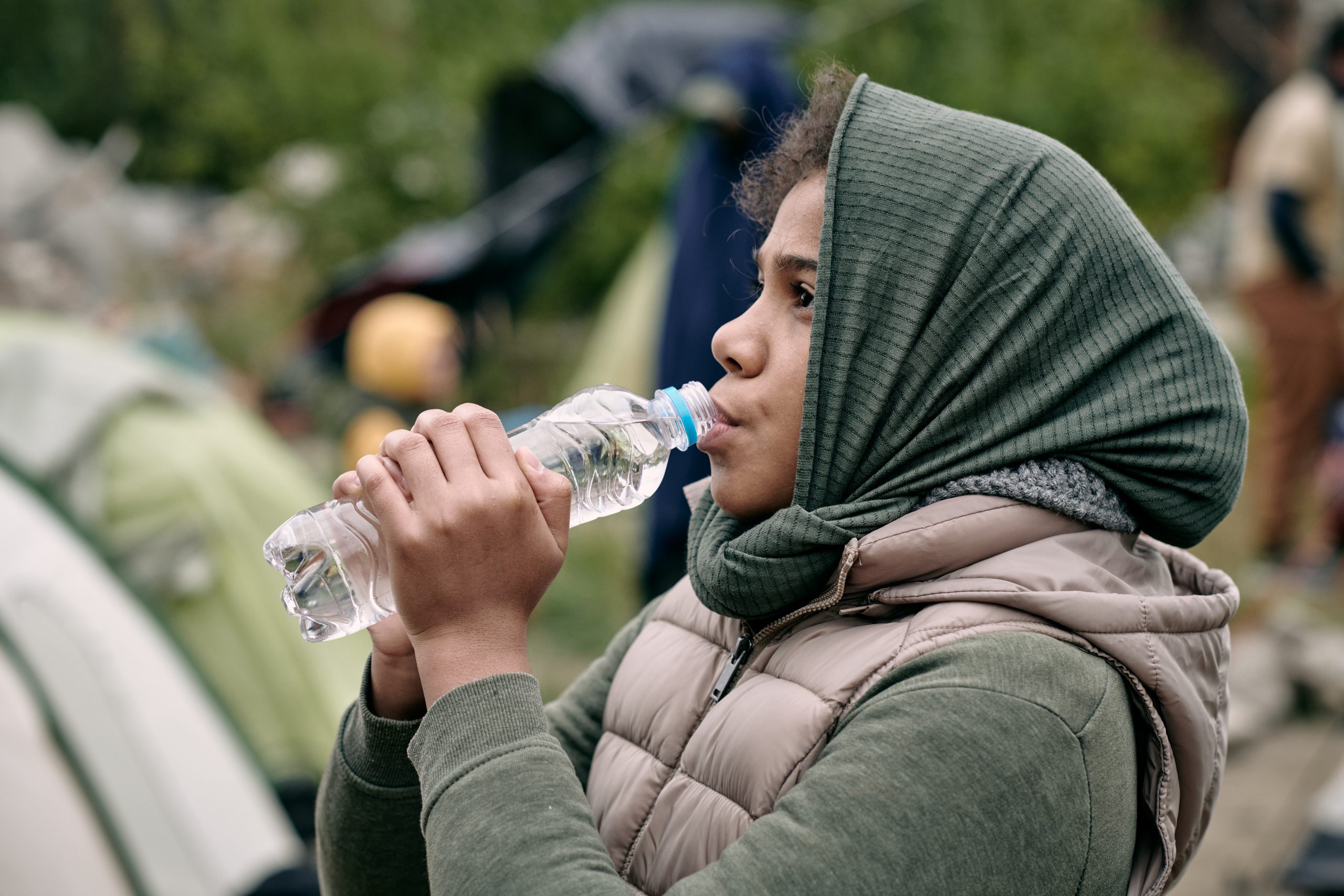
 IMMIGRATION9 months .
IMMIGRATION9 months .AFRICA – Migrant smuggling brings 59 billion CFA francs to smugglers per year
-

 CULTURE2 years .
CULTURE2 years .SENEGAL – Thiéboujeun inscribed on the World Heritage Site
-
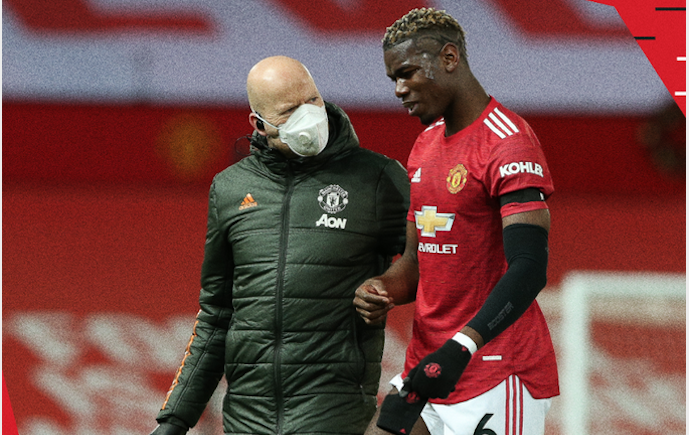
 A LA UNE3 years .
A LA UNE3 years .GUINÉE: Manchester United: Paul Pogba absent several weeks



